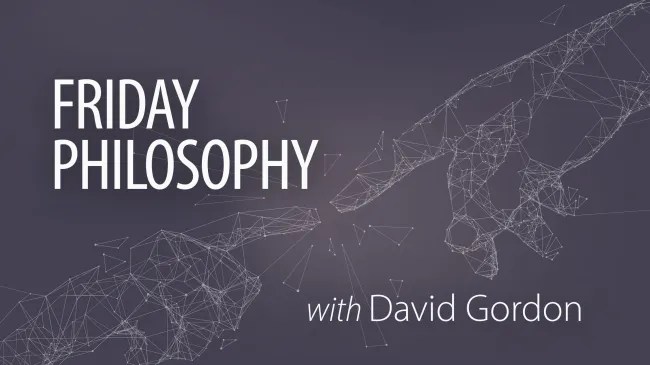France Plunges Ever Deeper Into Statism
While state power has smothered French society for more than four centuries, the problem is becoming worse, as the government deliberately undercuts the market economy to “fight climate change.” The French will have neither cooler temperatures nor prosperity.










